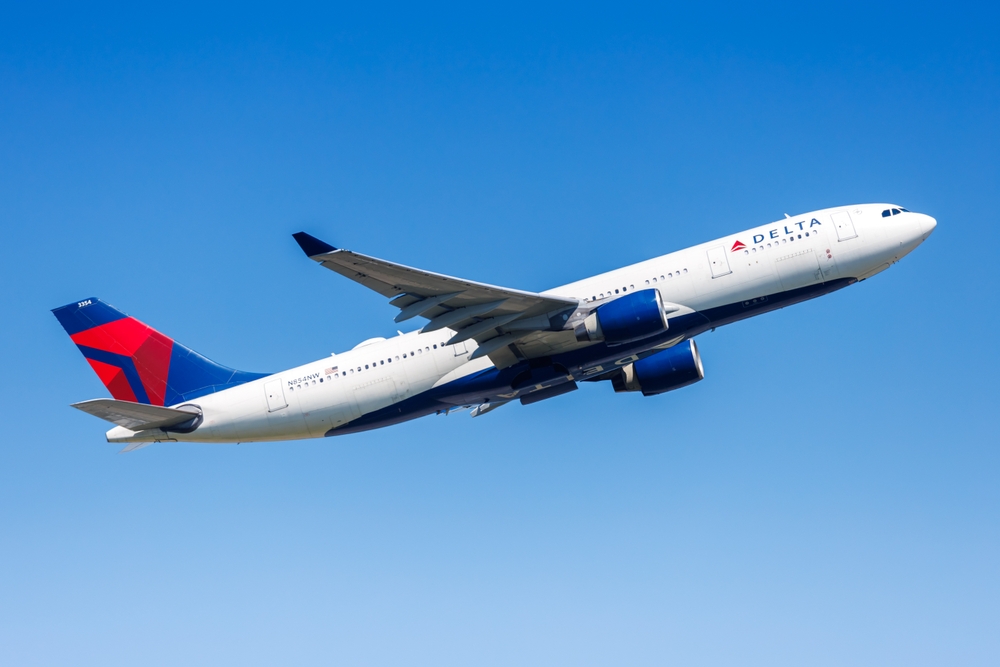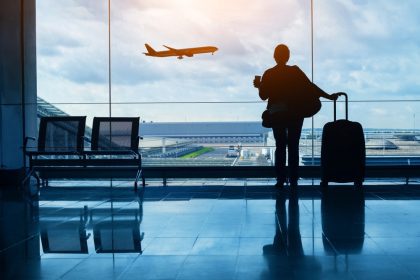A recent incident aboard a Delta Airlines flight has highlighted tensions between airline loyalty programs and disability accommodation requirements, sparking debate about passenger priorities in air travel.
A Delta frequent flyer discovered their first-class upgrade had been revoked upon boarding when they found their assigned seat occupied by a service dog. The airline provided minimal explanation for the last-minute change, citing only that “something changed,” leading to widespread criticism on social media platforms.
Balancing legal requirements with customer loyalty
Airlines must navigate complex regulations regarding service animal accommodations while maintaining relationships with their most valuable customers. The Air Carrier Access Act requires airlines to accommodate service animals trained to assist individuals with disabilities, including those that provide psychiatric support or medical alerts.
This incident exemplifies a growing challenge for airlines as they balance competing priorities. Elite status members, who often generate significant revenue through frequent travel and credit card partnerships, expect consistent recognition of their loyalty through upgraded experiences and preferential treatment.
Delta’s SkyMiles program, like other airline loyalty schemes, promises enhanced travel experiences to frequent customers. However, these promises occasionally conflict with other operational and legal requirements, potentially eroding the perceived value of such programs.
Industry-wide implications
The incident raises broader questions about airline loyalty program sustainability and customer satisfaction metrics. Industry analysts suggest that similar conflicts between service requirements and premium passenger expectations occur regularly but rarely receive public attention.
Airlines are under growing pressure to create clearer, more transparent policies regarding seat assignments and service animal accommodations. Current guidelines often lack consistency, leading to last-minute decisions that can cause frustration for both passengers and staff. The Department of Transportation has noted a significant increase in service animal requests, with airlines handling roughly 25% more requests since the pandemic compared to pre-2020 levels. This rise in demand has made it more challenging for airlines to balance accessibility needs with the preferences of other passengers, highlighting the need for more efficient and standardized procedures.
Future solutions
Industry experts suggest several solutions to minimize conflicts between service animal accommodations and premium cabin seating. Advanced notification systems could allow airlines to better coordinate service animal needs with seat upgrades, preventing last-minute changes. Additionally, airlines might designate specific seats in premium cabins for passengers traveling with service animals, ensuring accessibility while minimizing disruptions to other travelers. Some carriers are also exploring technology solutions to enhance seat assignment algorithms, integrating both service animal requirements and elite status preferences, allowing for more efficient and fair seat allocations, ultimately improving the passenger experience for everyone.
Looking ahead
As Delta and other airlines recover from pandemic disruptions and adapt to evolving passenger needs, incidents like this underscore the critical need for clear communication and systematic approaches to balance competing priorities, ensuring both accessibility and a smooth travel experience for all.
Delta’s resolution of such conflicts may require fundamental changes to how airlines manage premium cabin assignments and communicate with elite members about potential disruptions to their travel experiences.
For Delta and the broader aviation industry, maintaining the delicate balance between regulatory compliance and customer satisfaction remains crucial. Success in this area could become a key differentiator among carriers competing for valuable frequent flyers while ensuring accessible travel for all passengers.
This Delta incident ultimately demonstrates the complex intersection of disability rights, customer loyalty programs, and airline operations in modern air travel. As Delta and the industry continue to evolve, finding equitable solutions that serve all passengers’ needs while maintaining operational efficiency becomes increasingly important.
Delta’s response to this incident may influence how other airlines approach similar situations, potentially leading to industry-wide policy changes regarding premium cabin accommodations for both service animals and elite status passengers.
















